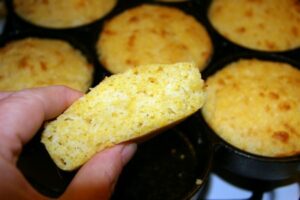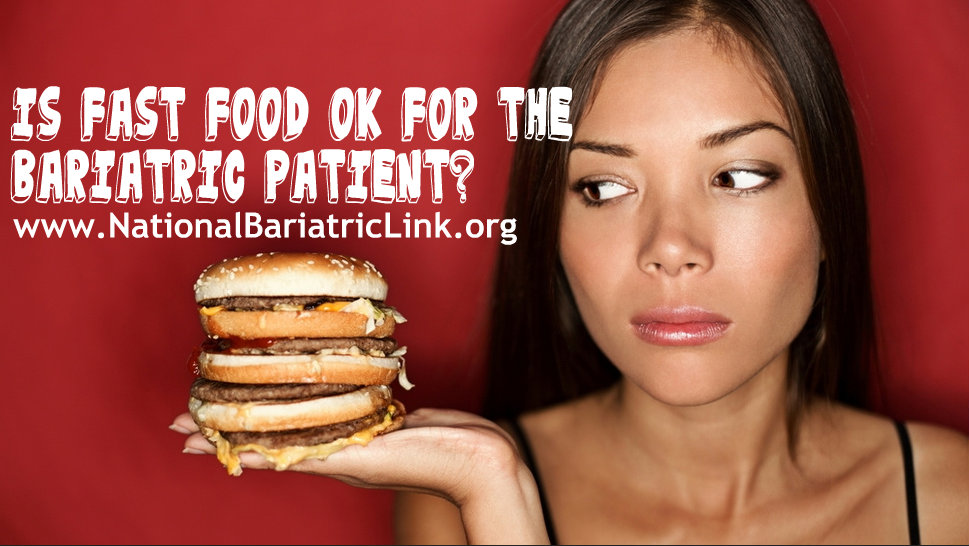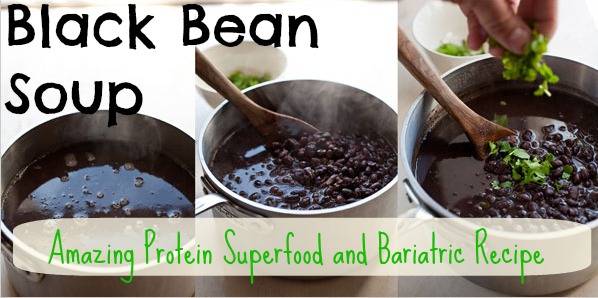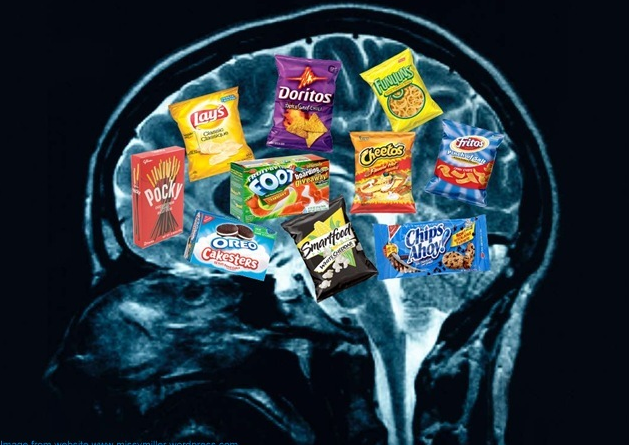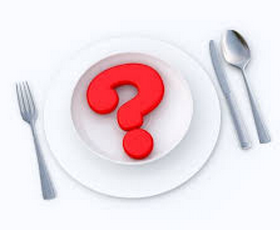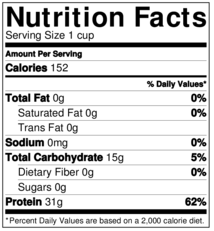Cornbread is one of many traditional Southern foods that are a staple for numerous homes across the U.S. After Bariatric surgery, it is likely that you will still be able to enjoy this delectable bread on occasion, but in much smaller portions.
Cornbread after Bariatric Surgery
As a rule, northerners prefer a sweet cornbread that contains a significant amount of sugar, while southerners prefer cornbread that is not sweet to the taste. After weight loss surgery, it is important to develop the tastes of a southerner, adhering to a cornbread recipe that won’t break all the rules. You shouldn’t make cornbread part of your daily, or even weekly, diet but don’t deny yourself this comfort food when you’ve really got a hankering.
If you have undergone weight loss surgery, the best option is to seek out cornbread recipes that call for low sugar, low carb, non-traditional ingredients. While you are supposed to avoid, or strongly limit, your carb intake after weight loss surgery, cornbread contains both dietary fibers and nutrients that can actually be quite healthy for you.
This Bariatric Recipe is High in Fiber
The basic ingredient of cornbread is corn meal, a healthy whole grain containing bran. Corn meal is also the germ and endosperm of the fruited grain, including all of the nutrients they contain. This whole grain food item helps by providing much needed fiber to the body
Whole-grain foods help the body by regulating bowel movements, absorbing excess cholesterol, and lowering blood sugars in the digestive system. The average slice of cornbread contains nearly two grams of fiber, which the body does not digest. However, fiber effectively passes through the digestive system, providing a feeling of ‘fullness’ without the calories.
Bariatric Cornbread is Full of Nutrients
There are quite a lot of nutrients in cornbread, including iron, calcium, folates, magnesium, potassium, phosphorus, folic acid, and vitamins A, B 6 and B 12. Bariatric patients should be leery of prepared cornbread mixes, as these are known to contain excess sodium, animal fats and sugars.
The best way to make sure your corn bread is low carb, low sugar and low salt is by making it from scratch. If you would rather purchase prepared cornbread mixes, read package labels carefully. There are several new brands available on the market using Splenda, Stevia and other artificial sugars.
Bariatric Recipe: Making Healthy Southern Cornbread
You can make authentic southern style cornbread that is healthy and tastes great, using a cast iron skillet that has been heated in the oven. Pouring your cornbread mixture into a steaming hot pan will help brown the edges of your homemade bread. Another vitally important tip is to make the cornbread mixture using buttermilk… like a true southerner.
Ingredients:
One Cup of Whole Wheat Flour
One Cup of Corn Meal
1/4 Cup of Raw Sugar
Six Individual Stevia Packets (or 1/4 cup)
3 1/2 Teaspoons of Baking Powder
1 Teaspoon of Salt
4 Tablespoons of Dry Buttermilk
1/3 Cup of Unsweetened Applesauce
One Large Egg
One Cup of Water
Instructions:
Preheat oven to 400 degrees.
Spray pan with cooking spray.
In a mixing bowl, combine all of the dry ingredients in a bowl. Add the egg, applesauce and water, stirring until well combined.
Pour into the prepared pan and bake for approximately 20 minutes, or until a toothpick inserted in the center comes out clean.
Nutrition Facts:
This cornbread recipe is only 138.7 calories per serving, offering only 1.4 grams of fat, 2.7 grams of dietary fiber, one gram of sugar and 4.6 grams of protein.
.

